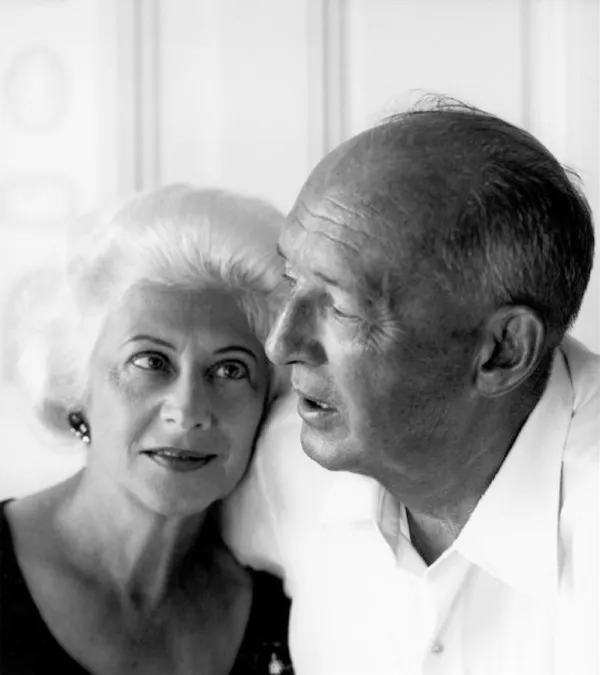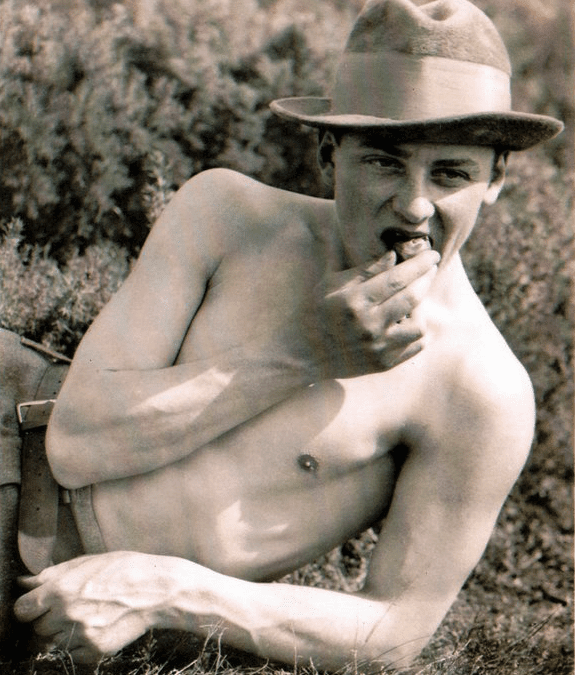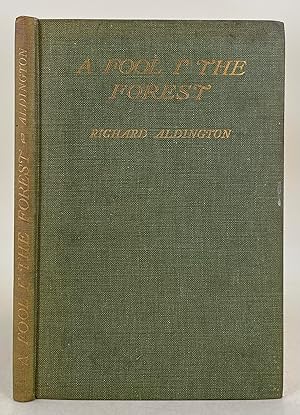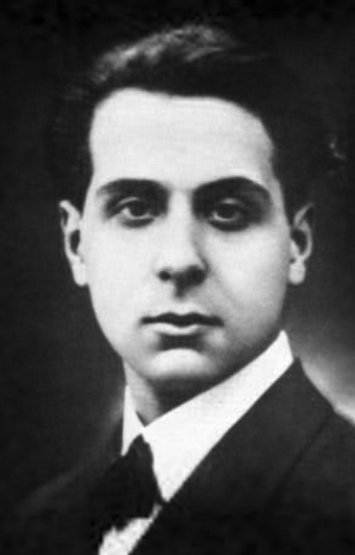Letters to Véra
Vladimir Nabokov
Edited and translated by Olga Voronina and Brian Boyd
Penguin Classics, 2014, 798 pp., £30.00
This review was published by Standpoint magazine here in January/February 2015; a pre-edited version appears below.
These letters could hardly have been published earlier. Their recipient – Nabokov’s private and protective wife – needed to have died (which she did in 1991). Their son Dmitry needed to have agreed to their publication – which he did, soon before he himself died in 2012. Now, they come to us from the hands of two scholars and translators.
The book is long, like the marriage it documents. But it feels more uneven than that marriage, since its partners wrote only on the rare occasions of their separation by necessities of health, career, or family. (A touching exception is Nabokov’s forty-sixth wedding anniversary greeting, addressed from and to the Montreux Palace Hotel). During a six-week separation in 1926, Nabokov wrote over fifty letters, whereas between 1945 and 1965 he wrote only six.
The effect is that of an irregularly kept diary, which makes no attempt to summarise what has occurred during its gaps. On one page he tells Véra that she is to join him living in London; on the next, two years later, he tells her that he is soon to find work in Massachusetts.
The timing of these periods apart makes it unsurprising that he fails to mention certain important events in his life: the death of his brother in a concentration camp in 1945; the publication of Lolita in 1955. Other omissions, however, lack this explanation. Former Prime Minister Kerensky, meeting Nabokov in 1945, was ‘horrified that I am so apolitical’. Despite living, and writing these letters, during Weimar hyperinflation, the application of the Nuremberg Laws to his Jewish wife, the Second World War, and the onset of the Cold War, he makes almost no reference to any of these things.
He writes about himself – his reading, writing, social life, eating, carefulness with money, and difficulty obtaining visas – interspersed with striking vignettes. In these respects his letters resemble those of his contemporary D.H. Lawrence (to whose newly published and banned Lady Chatterley’s Lover he makes snorting reference) – but unlike Lawrence, he does not broadly analyse the state of the societies in which he finds himself. He is concerned instead with detail, of that which he can see.
His opportunities for epistolary engagement with Véra’s life were, in fact, limited. From his earliest letters onwards he complains of how little she writes (one letter to every five of his); and such letters as she wrote she destroyed. We can infer, however, that she was more anxious and depressive than her husband, who perpetually plays the role of comforter and entertainer. What we cannot infer are the mental and moral resources which allowed her to be Nabokov’s typist, editor, translator, and agent. Particularly when she was supporting their son in 1937, whilst he was in Paris having an affair of which she had heard and which he denied, the difference of their roles is understandable.
But Nabokov is superbly gifted at supporting. His daily letters when Véra was in a sanatorium had each a new greeting: ‘Little old man’, ‘My grand ciel rose’, ‘Fire-Beastie’. He counsels: ‘my Sparrowling, don’t be too angry at the rain’ ‘it’s not its fault, after all, it can’t fall up’. His illustrations for their son in 1937 remind one of the father in the Italian film La vita è bella, comforting his son through make-believe, even after their move to a concentration camp.
His buoyancy lapses rarely, and such occasions indicate how much he had suppressed in order to keep Véra’s spirits up. After recovering from an attack of psoriasis he acknowledges that ‘I’d reached the border of suicide – which they wouldn’t let me cross because of you in my luggage”.
Much else that we learn of him is positive. Such descriptions of young girls as occasionally occur are reassuringly un-Humbert Humbertian (and even his love-drunk 1920s letters are never obscene). He is disgusted by cruelty to animals. He is moved by nature: ‘the Directorate of Western and Eastern Skies treated us to a monstrously beautiful sunset.’ He is philo-semitic and anti-racist, reminded uncomfortably by the expression ‘darkies’ ‘of the patriarchal “Yid” of western Russian landowners’. Only his distaste of homosexuality would earn him a black mark against the latest moral standards.
His letters are often delightfully playful, and, although they rarely reach the brain-bashing brilliance of his more consistently fictional works, they contain some excellent apercus. Of the early drafts of Finnegans Wake he writes: ‘Ultimately: wit sets behind reason, and while it is setting, the sky is marvelous, but then it’s night.’
He gives another perspective on life in Weimar Berlin as an English tutor, to set alongside that of Christopher Isherwood. He gives another perspective on White Russian life in Paris, to set alongside the recently-published memoirs of his compatriot and acquaintance, Teffi. Returning to Trinity College, Cambridge, after fifteen years’ absence, ‘one of the [soccer] balls, like a dog who’d recognized a passer-by, ran over to me a few times, but although it was heavy and muddy, like in the old days, my boot could not get out of it the ring of the past.’ Thus, he reflects, ‘we also need not expect’ ‘life, heat’ ‘from our other return – to Russia.’
The edition is beautifully done. In contrast to the parodic Pale Fire (of which the notes dwarf the poem), or indeed Nabokov’s own four-volume Eugene Onegin (in which the Russian is relegated to small print at the back, and fully two volumes are notes), the manuscript original is frequently included in the main text, and the apparatus is ample but unobtrusive.
The puzzle is why this book is coming out first in English. Some of the letters were published in a Russian journal in 2010, but no Russian equivalent of the book yet exists. Certainly, Nabokov reached his greatest fame in English – but he wrote his letters in Russian, and in pre-revolutionary orthography at that. Just as he and Véra never made the return to Russia which he anticipated in 1937, these life-filled love-letters remain, for the moment, in exile.




